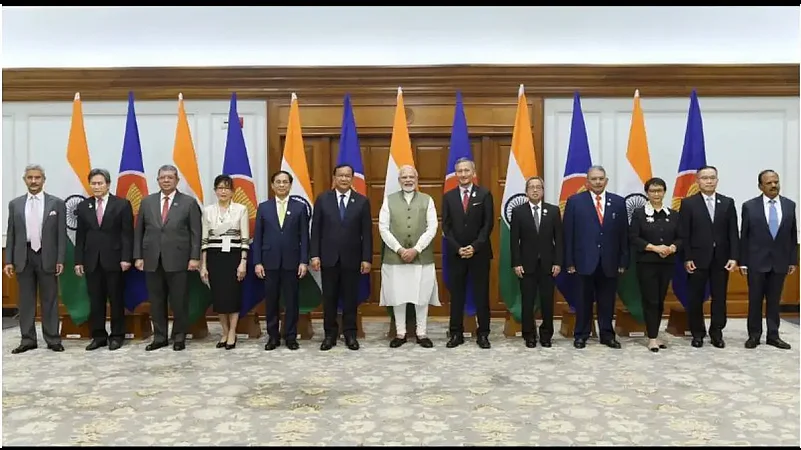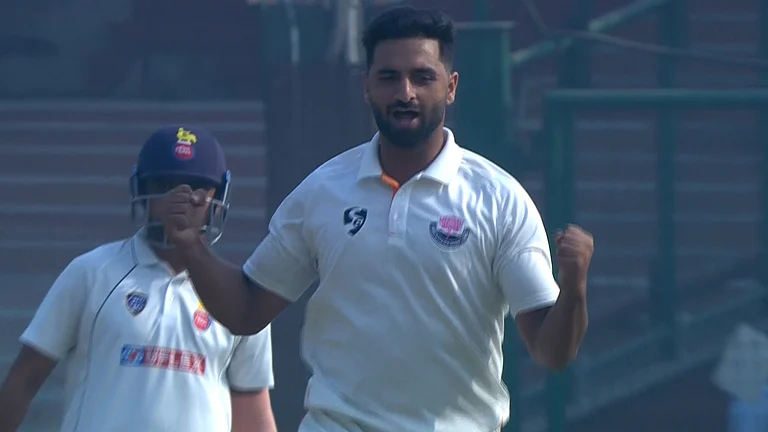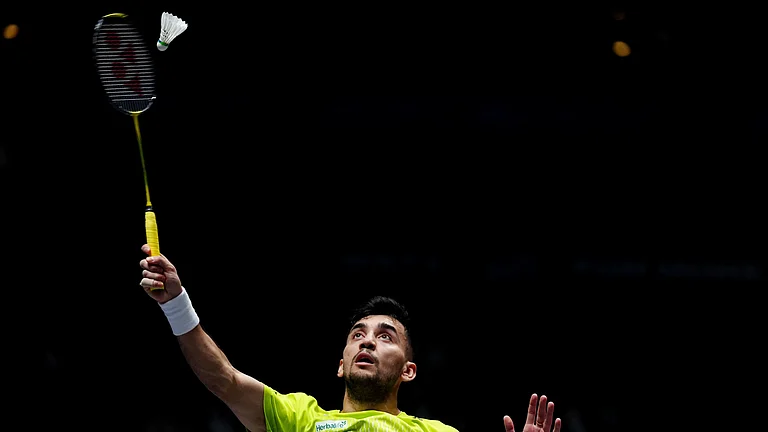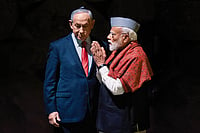India kickstarted a two-day meeting of ASEAN foreign ministers on Thursday to celebrate thirty years of India-ASEAN ties and ten years of the strategic partnership with this important regional group of South-East Asian nations.
For India, since the economic reforms of 1991 and Narasimha Rao’s look east policy decision, it was important to connect with the thriving economies of ASEAN. "Look east" was renamed "act east’" in 2014 to reflect the proactive dynamics of Narendra Modi’s foreign policy. In essence, it is repackaged but showcases New Delhi’s eagerness to engage with the East Asian countries. Singapore played an important role in ensuring that India was associated with the group, first by becoming a sectoral partner in 1992, to summit level partnership in 2002 and finally a strategic partner in 2012.
"As we enter the fourth decade of our relationship, our ties too must respond to the world that we confront. A better connected India and ASEAN would be well-positioned to promote decentralized globalization and resilient and reliable supply chains that are so needed by the international community,’’ foreign minister Subrahmanyam Jaishankar said in his opening remarks. To mark the occasion, this year is being celebrated as the ASEAN-India friendship year. The ASEAN ministers will attend and address the Delhi Dialogue too. The visitors called on Prime Minister Narendra Modi.
The Association of Southeast Asian Nations (ASEAN) comprising Brunei, Cambodia, Indonesia, Laos, Malaysia, Myanmar, the Philippines, Singapore, Thailand, and Vietnam seeks for economic and security cooperation among its members and dialogue partners. It is a powerful trading group but is divided on security issues, be it in China or Myanmar.
Missing in action from the meeting was Myanmar’s foreign minister Wunna Maung Lwin, a retired army colonel, who took over after the 2021 military coup. Myanmar is being represented by its envoy in New Delhi U Moe Kyaw Aung.
He was not invited to protest against the military takeover and the brutal crackdown on civilian protesters. MEA spokesman Arindam Bagchi, when asked about Myanmar, at last week’s briefing, has said that India would go by what ASEAN decides.
Since the February 1 military coup in Myanmar, ASEAN had tried to place a peacemaker but with little success, as the military junta is in no mood to back off despite extraordinary resistance from the people. The military government has been boycotted by the US and all western nations for its refusal to respect the people’s mandate that gave an overwhelming majority to Aung San Suu Kyi’s party the National League for Democracy in the November 2020 elections.
ASEAN which generally stays out of the domestic politics of member states has taken a more active role this time over Myanmar. In April 2021, Myanmar dictator Min Aung Hlaing was invited to an ASEAN leaders' meeting, where they were able to convince him of a five-point consensus to break the deadlock. A Special Envoy of ASEAN would help mediation efforts. But the general broke his word by not allowing the ASEAN envoy to meet with the jailed opposition leaders including Aung San Suu Kyi. Since then Myanmar was excluded from ASEAN summit meetings. So India was merely following the guidelines set by ASEAN.
However in March when the BIMSTEC, (Bay of Bengal Initiative for Multi-Sectoral Technical and Economic Cooperation) held a virtual summit in Colombo in March, Myanmar’s foreign minister Wunna Maung Lwin represented his government. The US was annoyed at this, as the Biden administration is at the forefront of ensuring that the military leadership is kept away from international meetings to bring home the point that it lacks legitimacy. India defended the participation of Myanmar with MEA Additional Secretary Rudendra Tandon bluntly asserting: “The members on this platform are countries who are either geographically littoral to or dependent upon the Bay of Bengal. For the success of cooperation activities on this platform, we require all countries to be present and to participate in that cooperation activities. Myanmar is an important constituent member of the BIMSTEC and it has very important geography.”
Despite India’s concerns over the military coup in Myanmar, the fact that it borders its sensitive north eastern region makes it difficult for New Delhi not to engage with the junta. In the past, India had to pay a heavy price by keeping out of Myanmar and allowing China to spread itself across that country, which is right on India’s backdoor. For the Western world, far away from Myanmar’s borders, it is easier to cut off engagements with the isolated nation. However as this was a celebration of the ASEAN-India relationship, New Delhi decided to respect the ASEAN view.























